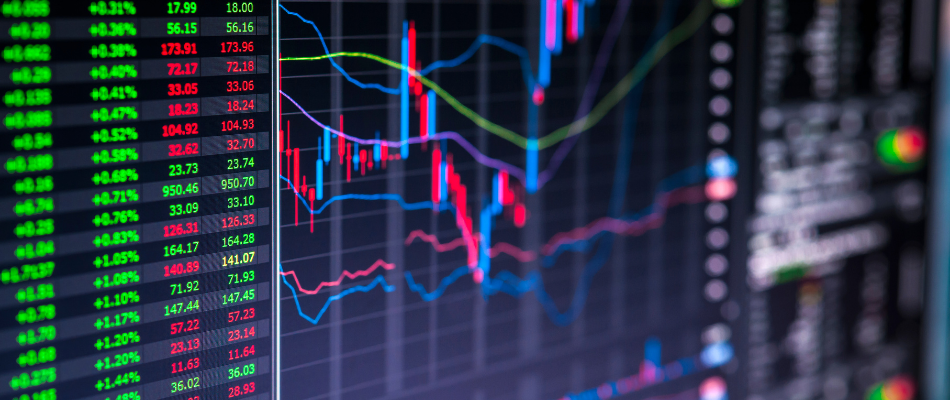Primary market
The primary market is where public shares are initially listed and traded by companies.
Underwriters
Companies usually hire one or more underwriters. Underwriters are large financial organisations such as investment banks that know how the Initial Public Offering (IPO) process works and have valuable connections to large investors such as hedge funds, pension funds, and insurance companies in the market who may be interested in buying the shares.
The underwriters will also help the company that wants to list shares with obtaining approvals from regulatory bodies and the JSE. They will also assist the company in determining the value of the share price and put together a marketing document to attract large investors.
How is the share price of the company determined in the primary market?
The share price is determined as either a fixed price, based on studies of the company’s financial situation and future outlook calculated by the underwriter, accountants and lawyers, or there will be a price range defined, where the lowest price is called “floor price,” and the highest price is called “cap price”. The investors can then bid on this price range, and the price of the share will be determined by the underwriter, based on the bids received.
The underwriters, together with the company’s top management, will go on roadshows where they introduce the company to large investors and gauge their interest, appetite and commitment to buy a portion of the shares.
Alternatively, the company can raise capital by offering the shares at an attractive enough price to the underwriter through what is known as a “bought deal”. The underwriter will then buy all the shares in a single transaction and then sell them on at a profit to their clients. In this scenario, the underwriter is confident enough to sell all the shares and is therefore willing to bear the risks.
Another option is that the underwriter will sell the shares on a best effort basis and charge a flat fee to the issuing company for their service. This scenario is often seen when the company believes that it can raise more capital, or that the underwriters might not want to take on the risk of purchasing all shares. In this scenario, the company will carry the risk of being stuck with unsold shares.
How can a company sell more shares, after it has entered the secondary market?
After the company’s shares have entered the secondary market, and the company wants to sell more shares, it can do so through a “rights offering”. The company will offer the right for a limited amount of time to shareholders to purchase more shares, usually at a discounted price compared to the market price of the share. The shareholders can also sell their rights to buy the shares to a third party, if the company allows it.
Another option is a private placement, where the company sells shares directly to large investors. With a private placement, these shares will not be traded on the stock market.
There are various reasons why a company wants to raise more capital. For example, it can be for growth reasons, such as taking over competitors, but it can also be due to debt reasons, if the company isn’t performing so well, or they might want to simply reduce debt in their books.
Secondary market
After the initial public offering, the shares sold will be traded on the secondary market, which is commonly referred to as the “stock market”.
Once the shares are traded on the secondary market, the issuing company is no longer involved, unless they buy back shares. The owners of the company will buy and sell the shares of the company amongst each other. In the secondary market, anyone can buy securities as long as they are willing to pay the share’s asking price.
Retail investors usually buy shares through a broker, since they are not direct stock exchange participants. The broker will charge a commission for executing the trade. In contrast to the primary market, where prices are set before going public, prices in the secondary market fluctuate based on demand and supply.






